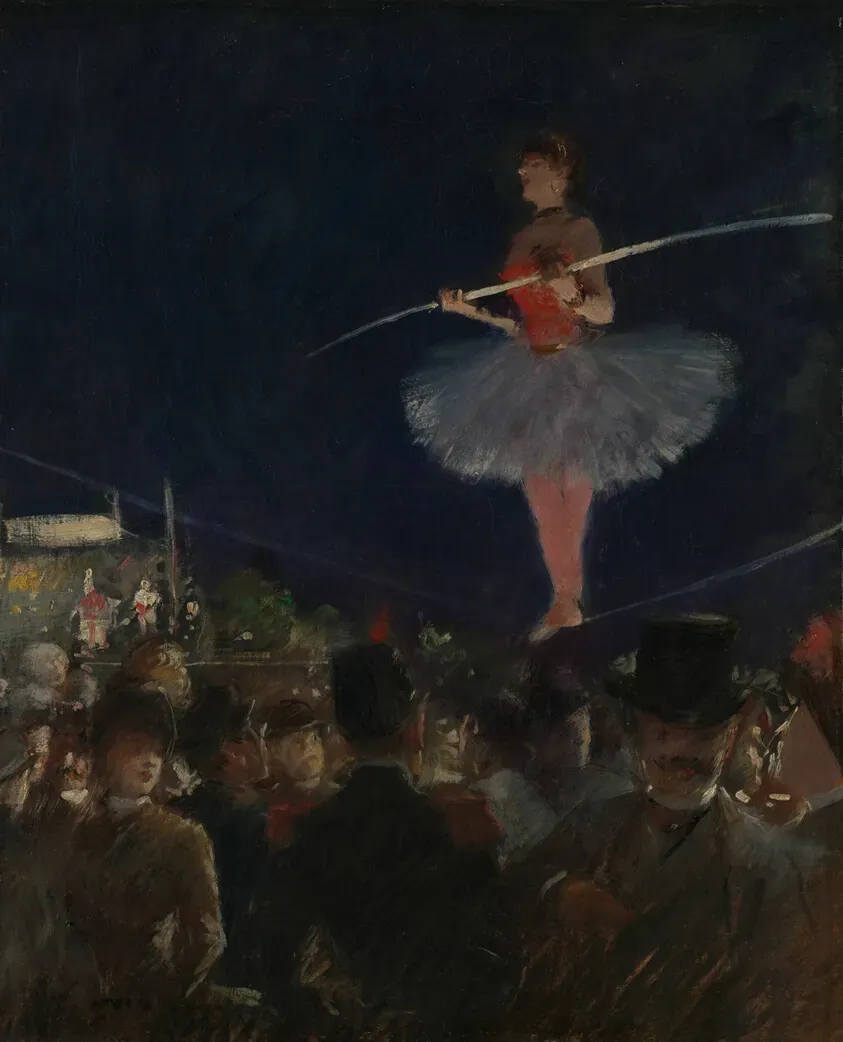Table of Contents
Ever stood in front of a wall of athletic wear, staring blankly, wondering if those "tights" are just fancy "leggings," or if your trusty "yoga pants" cut it for a serious sprint? You're not alone. The world of workout bottoms can feel like a confusing mess of stretch fabrics and marketing jargon. We're told certain gear is for certain activities, but sometimes it all looks pretty similar on the rack.
Understanding the Core Differences: Yoga Pants vs. Running Tights
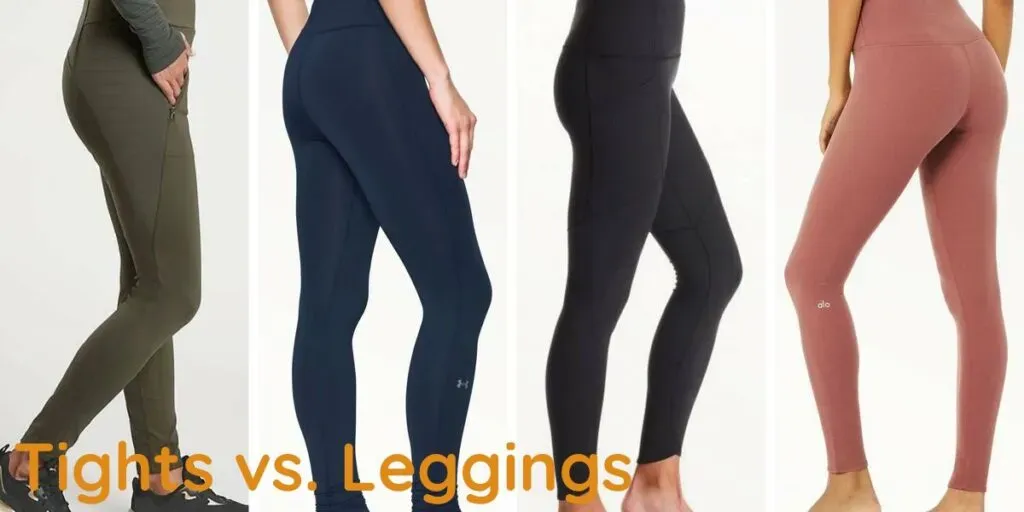
Understanding the Core Differences: Yoga Pants vs. Running Tights
Alright, so you're trying to wrap your head around why there are so many stretchy pants in the world? Let's start with the basics of what is the difference between yoga pants and running tights. Think of it like this: yoga pants are generally designed for movement that's slower, more controlled, and involves a lot of stretching and bending. They prioritize comfort, flexibility, and often have a softer feel. Running tights, on the other hand, are built for speed and endurance. They're engineered to stay put, reduce friction, and often offer compression to support your muscles during high-impact activities.
Fabric, Fit, and Features: What Sets Yoga Pants and Running Tights Apart
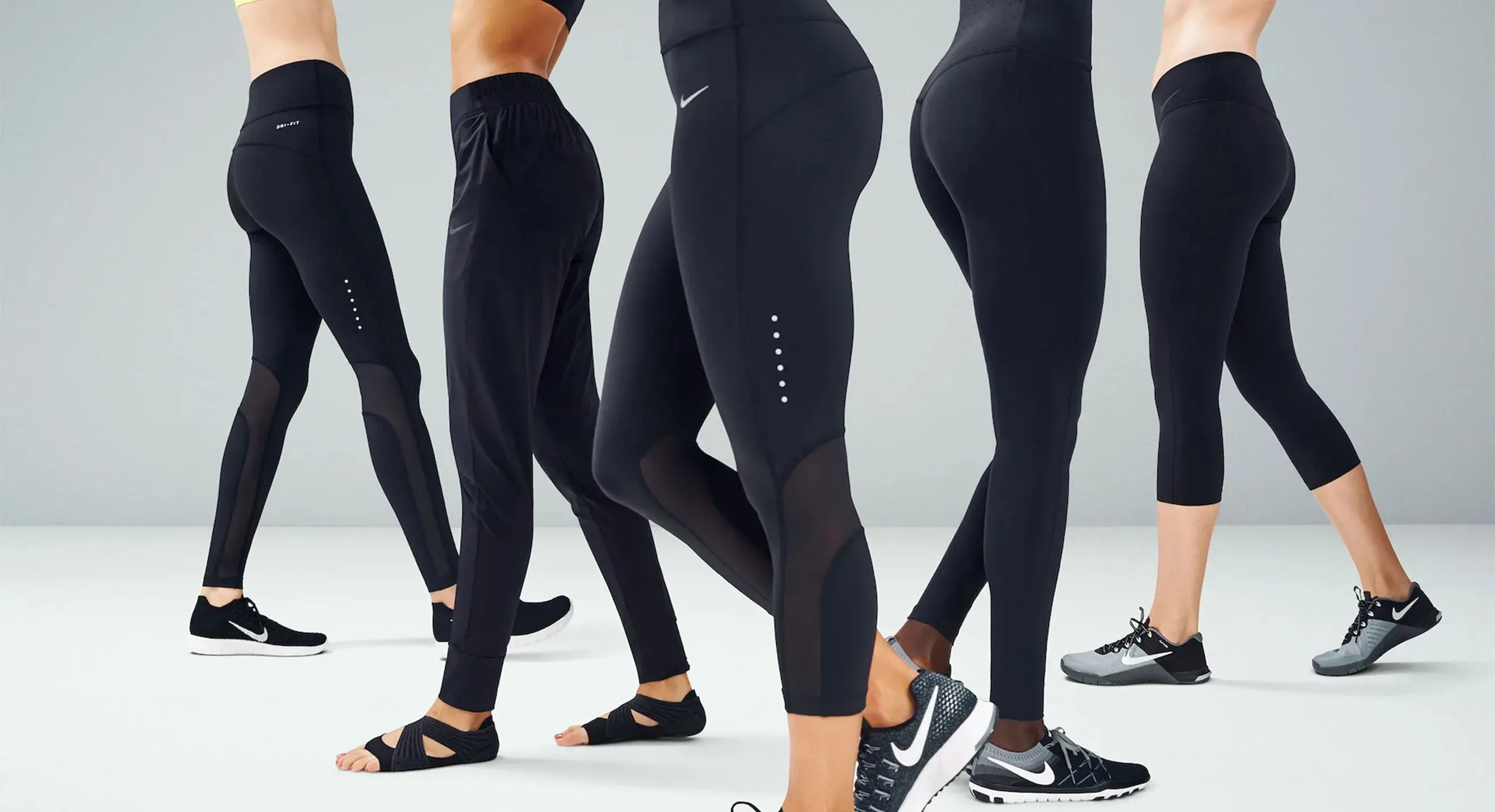
Fabric, Fit, and Features: What Sets Yoga Pants and Running Tights Apart
It Starts with the Fabric
Let's talk about what these things are actually made of. Yoga pants often lean towards blends heavy on cotton or modal, mixed with spandex or lycra. The goal here is maximum stretch and a soft feel against your skin. You want to move into a pose and feel like the fabric is just part of you, not fighting you. Think of it like a comfortable hug for your legs. Breathability is key, but extreme sweat-wicking isn't always the top priority.
Fit and Waistband Philosophy
Now, the fit. Yoga pants tend to be more relaxed in their compression. Some might have a gentle hold, but they aren't trying to squeeze you like a sausage. The waistbands are usually wide and flat, designed to sit smoothly against your midsection without digging in, especially when you're folding forward or twisting. They aim for comfort and non-restriction through a full range of motion. You don't want a waistband rolling down during a downward dog, do you?
Feature | Yoga Pants | Running Tights |
|---|---|---|
Primary Fabric Feel | Soft, flexible, comfortable | Smooth, compressive, durable |
Compression Level | Low to moderate | Moderate to high |
Waistband Design | Wide, flat, non-restrictive | Often higher rise, secure, sometimes with drawstring |
Key Fabric Properties | Stretch, breathability | Moisture-wicking, durability, compression |
Extra Bells and Whistles
Beyond the basic material and fit, running tights pack in features that yoga pants usually skip. We're talking about serious moisture-wicking tech that pulls sweat away from your skin at warp speed. Many have reflective elements because runners often hit the roads in low light. Pockets? Running tights are more likely to have secure pockets for keys, gels, or phones. Some even have ankle zippers to make getting them on and off over shoes easier. Yoga pants? Not so much. Their features are simpler, focused purely on facilitating movement and comfort on the mat.
Performance and Activity: Choosing Between Yoga Pants and Running Tights
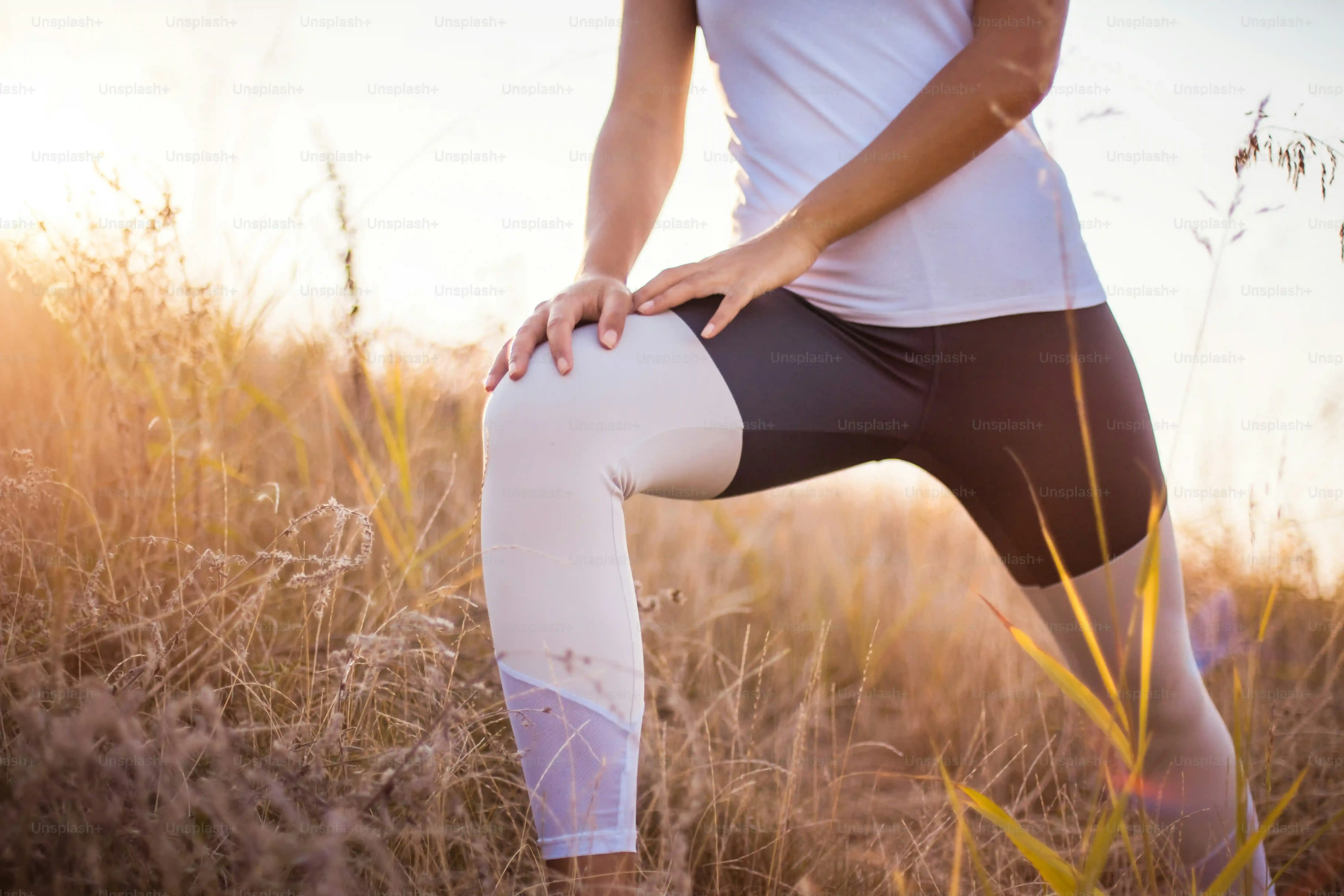
Performance and Activity: Choosing Between Yoga Pants and Running Tights
Finding Flow on the Mat: Why Yoga Pants Win for Flexibility
picture this: you're trying to nail a Warrior III pose, balancing on one leg, arms extended. You need pants that move *with* you, not against you. This is where yoga pants shine. Their relaxed fit and super-stretchy fabric allow for that full range of motion needed in yoga, Pilates, or even just lounging around comfortably. They aren't built for speed or intense impact; they're built for holding poses, deep stretches, and smooth transitions. You won't feel restricted when you're trying to get your knee behind your head (good luck with that, by the way).
Hitting the Ground Running: The Case for Running Tights
Now, shift gears. Imagine you're halfway through a 10k. Your legs are pumping, sweat is dripping, and the last thing you need is fabric bunching up or feeling heavy. Running tights are engineered for this exact scenario. Their compressive nature supports your muscles, which can help reduce fatigue and maybe even that weird muscle jiggle. The slicker, more technical fabric cuts down on chafing – a runner's worst enemy. Plus, that moisture-wicking ability is non-negotiable when you're generating serious heat. They stick to your legs, reducing drag and making you feel, well, fast. Or at least faster than you would in baggy sweats.
Activity Type | Best Choice | Why? |
|---|---|---|
Yoga, Pilates | Yoga Pants | Maximum flexibility, comfort, non-restrictive fit |
Casual Wear | Yoga Pants (usually) | Softer feel, relaxed fit |
Running (short to long distance) | Running Tights | Compression, moisture-wicking, reduced chafing |
High-Intensity Interval Training (HIIT) | Running Tights | Support, stay-put fit, sweat management |
Weightlifting | Either (preference) | Yoga pants for flexibility, running tights for support |
Can You Swap? Wearing Running Tights for Yoga and Yoga Pants for Running
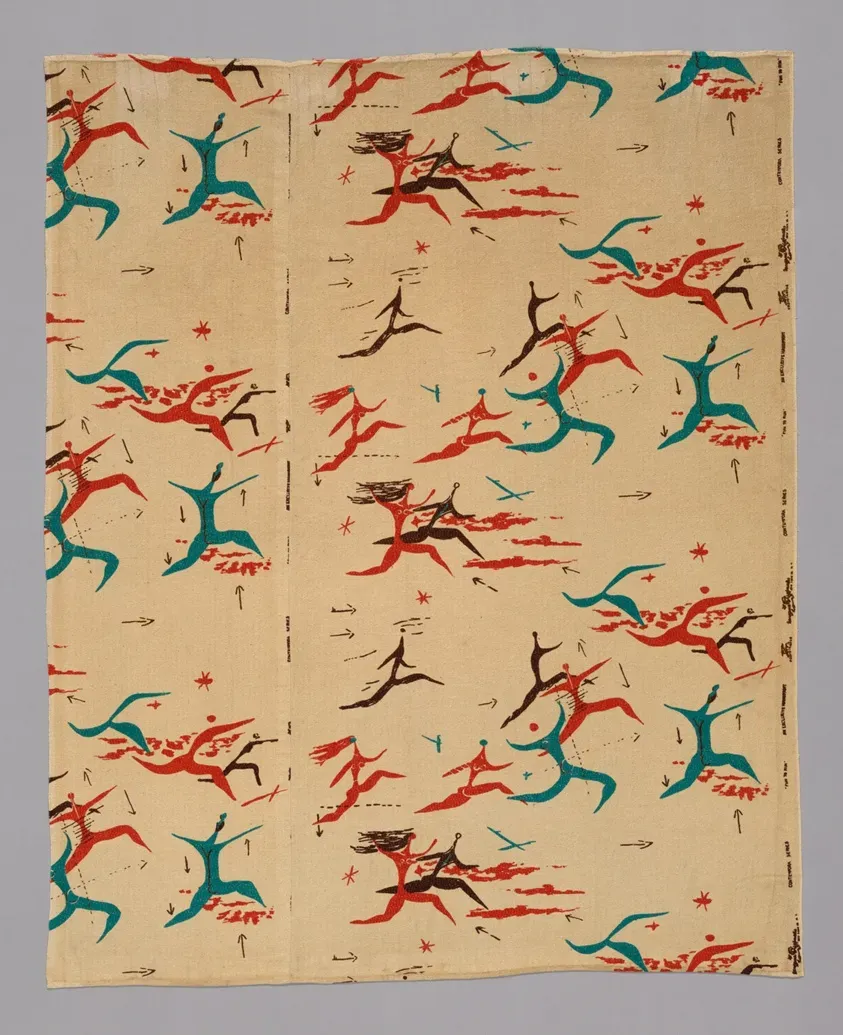
Can You Swap? Wearing Running Tights for Yoga and Yoga Pants for Running
Running Tights on the Yoga Mat
So, you've only got those sleek, compressive running tights clean, and your yoga class starts in ten? Can you make it work? Technically, yes, you can put them on. But will it feel great? Probably not ideal. Running tights are built to hold everything *in* and reduce bounce. That high compression, which feels fantastic when you're logging miles, can feel restrictive when you're trying to deepen a lunge or twist into a bind. They might not have the same generous stretch in all directions that yoga pants do. Also, the slicker fabric, while great for preventing chafing during a run, might feel a little less grounded or even slippery on your mat compared to the softer texture of typical yoga wear. It's like bringing a race car to a ballet class – it's a vehicle, but maybe not the right one for the moves.
Yoga Pants on the Pavement
Flip the script. What happens if you decide to hit the road in your favorite buttery-soft yoga pants? You'll likely notice a few things pretty quickly. First, the support just isn't there. Running involves repetitive impact, and running tights often use compression to help stabilize muscles. Yoga pants usually lack this. Second, chafing becomes a real possibility, especially on longer runs or in humid conditions. The fabrics used in yoga pants aren't typically engineered for high-friction, high-sweat activities in the same way running gear is. They absorb moisture rather than wicking it away efficiently. You might end up feeling swampy and uncomfortable, and nobody wants to finish a run with irritated skin. So while you *can* run in them, it's generally not recommended for comfort or performance, and definitely not for preventing the dreaded runner's chafe.
The Swap | Potential Experience | Verdict |
|---|---|---|
Running Tights for Yoga | Restrictive movement, less flexibility, potentially slippery fabric | Possible in a pinch, but not ideal for comfort or deep poses. |
Yoga Pants for Running | Lack of muscle support, high risk of chafing, poor sweat management | Generally uncomfortable, detrimental to performance and skin health, especially for distance. |
Making the Right Choice: Finding Your Ideal Fit After Learning the Difference Between Yoga Pants and Running Tights
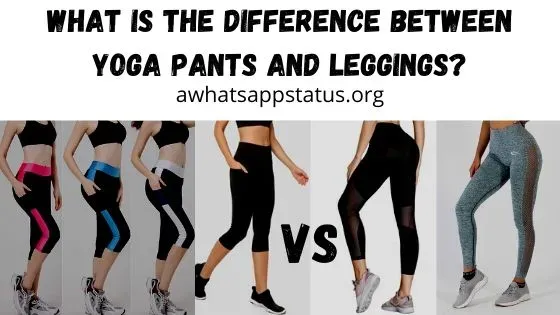
Making the Right Choice: Finding Your Ideal Fit After Learning the Difference Between Yoga Pants and Running Tights
So, after diving deep into the world of stretchy pants, understanding what is the difference between yoga pants and running tights really boils down to matching your gear to your movement. You wouldn't wear dress shoes to hike a mountain, right? The same logic applies here. If your goal is deep stretches, holding poses, and feeling unrestricted flow, grab those soft, flexible yoga pants. They're built for the mat. If you're aiming for speed, distance, and muscle support on the road or treadmill, pull on the compressive, sweat-wicking running tights. They're engineered for impact and endurance. It's not about one being "better" than the other; it's about choosing the right tool for the job your legs are about to do. Pay attention to the fabric feel, the level of compression, and the little details like pockets or reflective bits. Your comfort and performance will thank you.
Making Your Move: Choosing the Right Bottoms
So, while they might look like close cousins on the surface, the distinction between yoga pants and running tights boils down to their intended purpose. Yoga pants prioritize flexibility and comfort for static poses and fluid movement, often with thicker, opaque fabric. Running tights, on the other hand, focus on compression, moisture-wicking, and reduced friction for repetitive motion and higher intensity. Choosing the right pair isn't just about style; it's about equipping yourself for the demands of your specific activity. Sometimes, the 'barely there' feel of a running tight is just wrong for the stretching required in yoga, and the relaxed fit of some yoga pants will just chafe on a long run. Pay attention to the details – the waistband, the seams, the fabric composition – and pick the gear that genuinely supports your workout, not just covers your legs.
